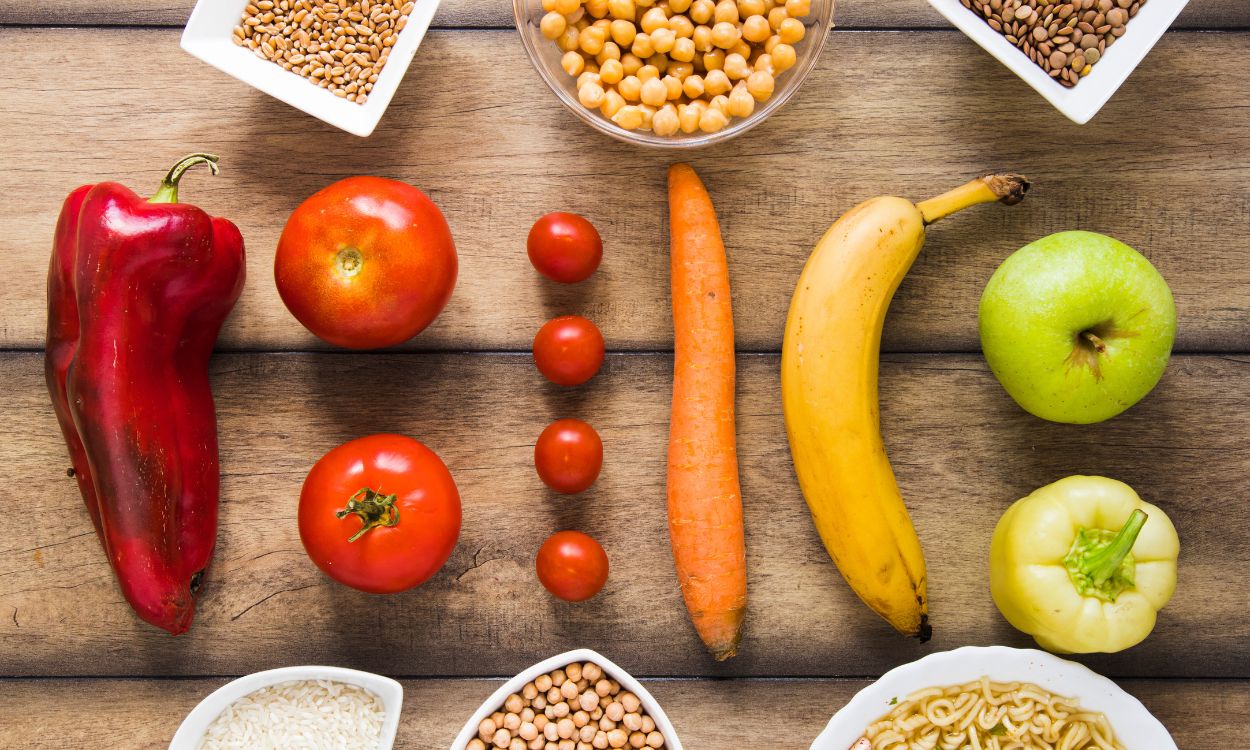Fiber: The Key to a Healthy Life
Are you looking for a simple and effective way to improve your health and wellbeing? Look no further than fiber! This often-overlooked nutrient is essential for maintaining a healthy body and mind. In this article, we’ll explore the many health benefits of fiber and how you can incorporate it into your daily routine.
What is fiber?
Fiber is a type of carbohydrate that your body can’t digest. Unlike other carbohydrates, fiber passes through your digestive system largely intact. There are two types of fiber: soluble and insoluble. Soluble fiber dissolves in water and forms a gel-like substance in your gut. Insoluble fiber, on the other hand, doesn’t dissolve in water and adds bulk to your stool.
What are the health benefits of fiber?
1. Promotes digestive health: Fiber helps to keep your digestive system running smoothly. It adds bulk to your stool, which makes it easier to pass. This can help to prevent constipation and other digestive problems.
2. Reduces the risk of heart disease: Studies have shown that a high-fiber diet can help to lower cholesterol levels and reduce the risk of heart disease. Soluble fiber, in particular, has been shown to be effective in lowering LDL (bad) cholesterol levels.
3. Helps with weight management: Fiber can help you feel full for longer, which can help to reduce your overall calorie intake. This can be especially helpful if you’re trying to lose weight.
4. Regulates blood sugar levels: Soluble fiber can help to slow down the absorption of sugar into your bloodstream. This can help to regulate your blood sugar levels and reduce the risk of type 2 diabetes.
5. Improves gut health: Fiber acts as a prebiotic, which means it helps to feed the good bacteria in your gut. This can help to improve your gut health and reduce the risk of certain diseases.
How can you incorporate fiber into your diet?
The best way to incorporate fiber into your diet is to eat a variety of fruits, vegetables, whole grains, and legumes. Aim for at least 25-30 grams of fiber per day. Some high-fiber foods include:
– Fruits: Apples, bananas, oranges, berries, pears
– Vegetables: Broccoli, carrots, spinach, kale, sweet potatoes
– Whole grains: Oats, brown rice, quinoa, whole wheat bread, whole wheat pasta
– Legumes: Lentils, chickpeas, black beans, kidney beans, peas
If you’re having trouble getting enough fiber from your diet, you may want to consider taking a fiber supplement. Just be sure to drink plenty of water when taking fiber supplements, as they can cause constipation if you don’t drink enough water.
Conclusion
Fiber is an essential nutrient that can help to improve your health and wellbeing in many ways. By incorporating more fiber-rich foods into your diet, you can promote digestive health, reduce the risk of heart disease, manage your weight, regulate your blood sugar levels, and improve your gut health. So what are you waiting for? Start adding more fiber to your diet today and experience the many health benefits for yourself! And if you need help achieving your health and fitness goals, download the Fitpaa app today and let us help you every step of the way.











